👉 Click Here for the Academy 👈
Contact one of the team to discuss your training goals:
Email - contact@adrianclose.com
Conflict Management In Workplace
|
Conflict management in workplace is inevitable regardless of the culture. When you mix people, ideas, more people and more ideas together - occasionally they’ll be sparks. Following is an interview with our leadership, management and business development specialist Adrian Close who delivers an awesome managing team conflict training course throughout the UK and mainland Europe (English speaking - although he does speak French). We also deliver the training virtually and it's very interactive. We asked Adrian about his experience and thoughts on conflict management, at work and at home! You can find more information about our training course here |
Conflict Management in Workplace - The Interview
1. What conflict experience have you had (Conflict Management in Workplace and home)?
The answer to that question is quite simply – lots! Not so much at home though.
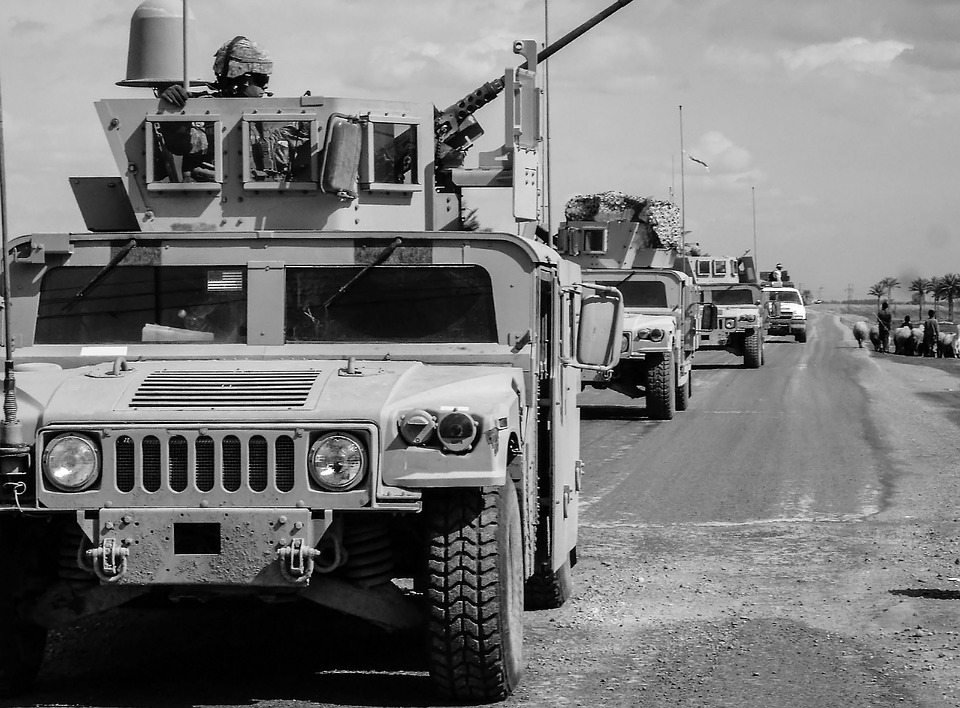
Whilst serving in the British Army I spent some time in Germany. Whilst on exercise I ended up arresting a violent civilian at gunpoint. It wasn't my intention to draw a weapon but it was my last resort. One officer had already been struck on the head and knocked unconscious (long story) and I wasn't prepared to let anyone else get injured, military or civilian. When I look back I think it was the right course of action. There was a language issue and he had a knife and was high on something. Would have I shot him? Well we will never know, but I think I would have used the appropriate force given the situation. He did calm down quite quickly (as you would with a gun pointing at you), he was restrained and handed over to the police, as it was civilian matter. This was extreme conflict management in workplace and I'm glad I went through it.
I once saw an advert. I think it was for the army. A soldier was confronted by an angry local and the first thing he did was remove his sunglasses so the local could see his eyes. Your eyes communicate a lot. I know I can defuse certain conflicting situations with my eyes because I have done it. Sometimes they say "mate, what are you doing, let's have a chat" and sometimes they say "that wouldn't be a good idea and I encourage you not to challenge me".
Working in the hospitality industry I learnt how to deal with all sorts of issues. I once saw a bloke glass his wife, lovely area! I was threatened with a carving knife and carving fork, in the bar by a customer once and I've had to deal with "bad" drunks, the ones that get violent.
The issue with bad drunks is all they need is their bottle/glass and that's a weapon. As soon as you remove it, you are a little safer, but the situation escalates because you have removed their need - the need to drink the beer! And as we discuss in our conflict management in workplace training course, as soon as you remove a need you will get conflict.
2. what does conflict mean?
The dictionary has two definitions:
- As a noun – it is a serious disagreement or argument, typically a protracted one.
- As a verb – It is to be incompatible or at variance; clash.
In the conflict resolution training course we deliver to business managers and team leaders we discuss this question “What does conflict mean” in great detail, as the answer is the base of the action plan to resolving conflict with business and organisational teams - Conflict happens when a need is removed.
3. what is conflict resolution?
I suppose conflict resolution is ensuring the need of the individual is re-instated, if it has been removed, improving capability by training, coaching, mentoring and counselling and putting in place a plan for it to never happen again.
|
4. In your experience what creates conflict? Again, it’s down to the needs of the individual. If a manager’s need is for a new task to be completed quickly and the team member’s need is to do a thorough job, but there is no time (and it will also take time away from other tasks) potential conflict could happen. For example: I passionately manage my time and have noticed that others struggle because they can’t say “no” as often as they should. Obviously, me saying no to my manager/director could be an issue and be the start of conflict and my manager/director pushing more work on me at the last minute could also be the start. In this case the issue could be my manager’s (or another team member’s) poor time management for not completing the task when it should have been. |
5. Do you have any tips for handling conflict? As a manager I insisted on every team member having a thorough and effective monthly catch up meeting with their team manager and each team manager had one with me. These meetings are like a temperature gauge and as long as there is an environment of trust and co-operation (the mark of someone, not just me as a general manager, having great leadership skills) there’s no reason why there won’t be a productive conversation, an ideal opportunity to ensure that the individuals needs are catered for. More tips for conflict management in workplace are:
|
6. Do you think it’s possible to implement a plan for conflict prevention in the workplace?
Absolutely. I think if the management and leadership team sit down with experienced team members and list as many needs down as possible then they can ensure they are managed appropriately. Now I know one team member's need would be to have more money, more often, which is not possible all the time. So, these types of needs need to be addressed when they start work with you and often during their time with you. People need to know where they stand, and management need to be honest.
If conflict happens and it's managed and resolved successfully, this is a key learning point for the managers and leaders. They need to implement a plan for it to never happen again. A simple example would be if a new starter didn't get paid at the end of the first month (a pet hate of mine). The management team need to implement a plan for it to NEVER happen again - if it does it's their fault, no-one else's.
So yes it's key when thinking about and preventing and devising a plan for conflict management in workplace.

7. You’ve been happily married for over 20 years; do you have any tips for resolving conflict in relationships?
There are some easy fixes?! For example, I squeeze the toothpaste tube in the middle. I know, shock horror. I discuss this in the management skills course and wow the reactions I get are amazing, some agree, and some think I need to be publicly flogged – clearly a need, or social boundary has been crossed. In this situation my wife and I would now be in stage two of team development which is dissatisfaction, we need to get to stage three (resolution) and resolve this issue before we get divorced! As my wife is a bottom squeezer (of the toothpaste tube) this has to be resolved quickly and the easy answer is that I buy my own – issue resolved.
Other areas of conflict in personal life are obviously not as easy as that, here’s my relationship tips:
- If you are someone who can’t apologise and needs to be right all the time, don’t get into a relationship! – EVER!
- Set goals every year. I recently delivered a time management masterclass and one of the learners (a mum of two and a wife) felt that she needed to set herself some personal goals as she had “lost her identity” and I know what she means. So, my advice is every year set 5 personal goals that are completely selfish to you. Your partner and kids should do the same. Once you have done this set 5 family goals that you all want to achieve as a group. At the beginning of a relationship people are planning the wedding, planning the move and soon after it can become monotonous. If you always have something to aim for, it won’t and I think it really is that easy. Again with my relationship we have a long term goal we are also aiming for. It keeps us focused and, straggly enough, very happy.
Others include:
- Learn to listen without waiting to talk
- See things from your partners point of view
- Turn conflict into something positive
- Know when you are in conflict
- Know how to apologise
- Empathise, if you need help with this learn to improve your Emotional Intelligence
- Know when you are wrong
- Learn to laugh at yourself
- Be the very best you can be for your other half. One of my lifelong goals is for me and my wife to get to the end of our days with my wife turn to me and say, “I made the right choice”.
Obviously this is at come but when it comes to conflict management in workplace, these skills apply - all of them.
8. Do you honestly enjoy conflict?
I don’t think anyone really enjoys Conflict management in workplace - a negative conflict as it can destroy teams. I do enjoy the challenge of managing it though. It’s great material (no names of course) for the training courses I deliver.
There is a positive side to conflict and in the book the five dysfunctions of a team, teams need to have a certain amount of conflict to move on to the next stage.
9. So, what do you mean when you say that conflict not necessarily a bad thing?
Business or organisational leaders need to promote and build an environment where trust and co-operation are the norm. Without this trust within the team there will be a fear of conflict. This means that they will never be able to engage in an unfiltered and passionate debate of ideas. Instead, they resort to veiled discussions and guarded comments.
For any business to move on and generate new, exciting, creative and innovative ideas, the team have to come together and bash around some great ideas. As long as members understand that they are in potential conflict situations and manage their behaviour accordingly, amazing ideas can happen.
10. Are you involved with solving current conflicts?
As a consultant and HR specialist I am called upon, on a regular basis, to help resolve conflict, grievances and other business-related issues. I love doing this because, as an external set of eyes, sometimes it’s easier and I love it when it can be resolved, and all parties can move on.
11. Do you have kids?
I do, I have two. They are making their own ways in life now and doing very well, but we obviously still see them as often as we can.
12. You’ve written a training games for hospitality trainers - Do you have any conflict resolution activities for kids?
I know how it sounds, but my kids have always got on. I seem to remember when my daughter was born, my son was a little jealous at times but it was nothing really. Now as young adults they look forward to seeing each other, it's great to see.
A great activity a colleague of mine has used in her school is an activity called Fairy Tale Conflict:
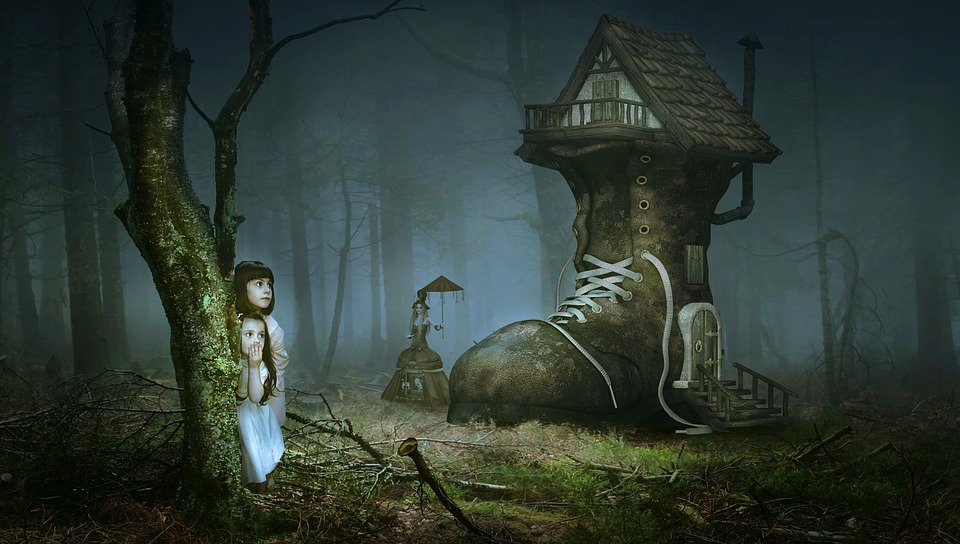
Fairy Tale Conflict
Objectives:
To identify the feelings and needs behind conflicts and to generate creative solutions for resolving conflicts cooperatively.
Materials:
You’ll need some fairy tales either printed or on screen and a Fairy Tale Conflict handout which she found on-line
Time for the activity:
45 minutes
Instructions:
Fairy tales are loaded with conflict. Think about it: You have Goldilocks breaking into the bears’ house, the Big Bad Wolf destroying the pigs’ property, and Cinderella being treated unfairly by her stepmother. It’s about time that someone helps these characters resolve their conflicts in a healthier way!
Ask the students to choose a fairy tale to examine and read it over as you think about the conflict in the story. Answer the following questions using the fairy tale conflict handout:
- What is the conflict in the story?
- How do the main characters feel about the conflict?
- What does each of the characters want or need?
Then imagine you could convince the characters to work together on solve their problem. List three possible solutions that would benefit everyone. Remember, we’re talking about fairy tales, so you can be as creative as you want!
A couple of possible extensions to the activity are:
- Firstly - Select your favourite solution to the fairy tale characters’ problem and rewrite the ending of the fairy tale, showing how the characters work together to resolve their conflict. Share your version with your class, and compare the solutions created by your classmates. Which solution is the most creative? Which would be the most likely to work? Which solution would make the characters the happiest?
- Secondly - Fairy tale characters obviously aren’t the only ones who get angry and get into arguments. Think about what you do when someone makes you angry. Then come up with one way that you could deal with your anger in a healthier way. Make a goal for yourself of controlling your anger better the next time it happens. Then write a brief essay about a situation in which you controlled your anger in a healthy way.
It looks like a great activity and I’d love a classroom to practice on – maybe one day.
As well as lots of smaller businesses and organisations, below are examples of some larger organisations who have received training from our director of learning at Ultimate Leadership Training:







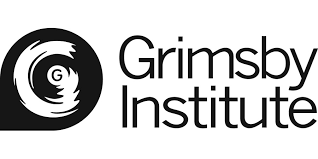
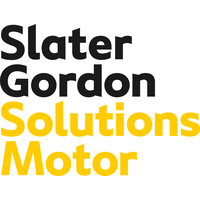

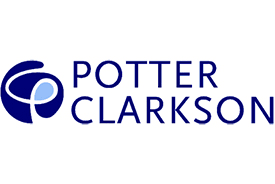


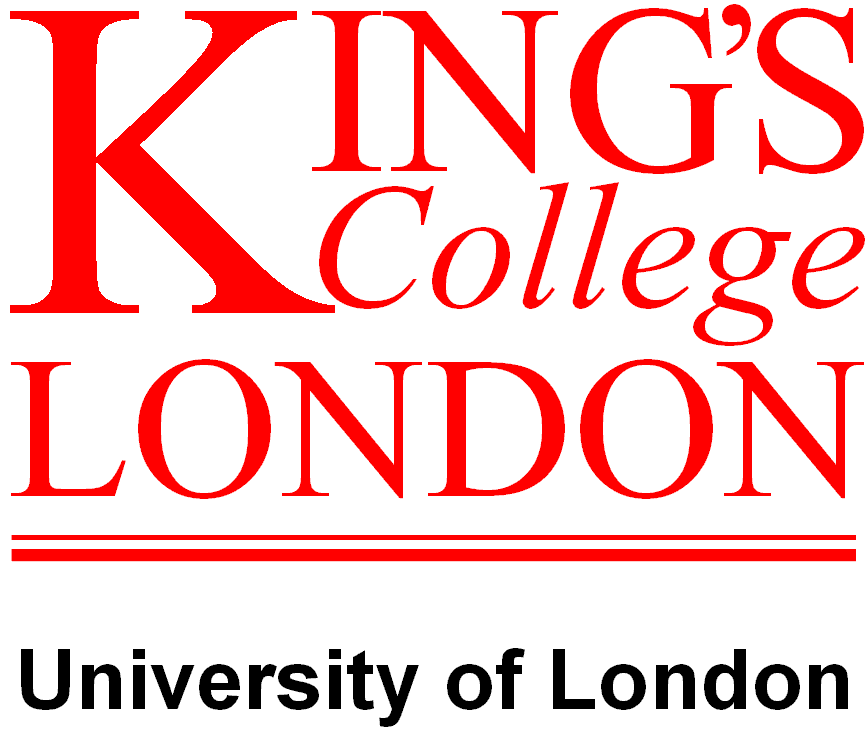
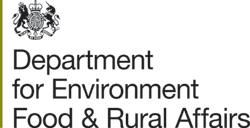
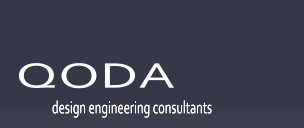

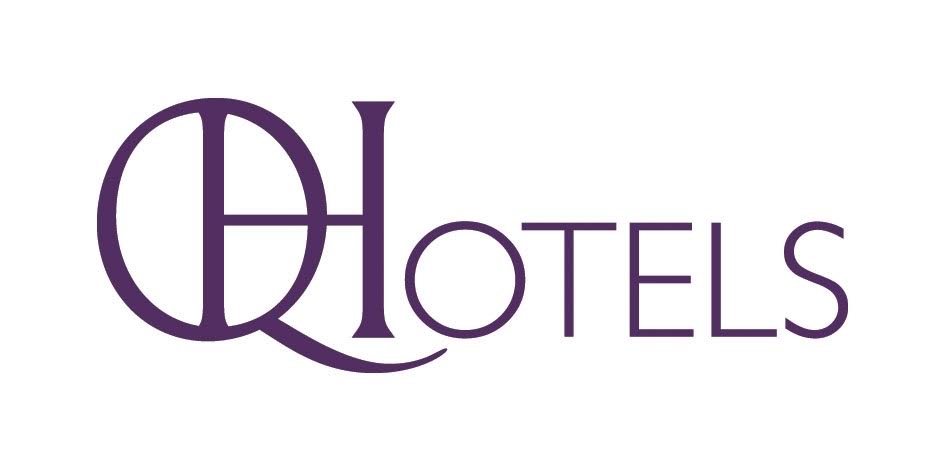

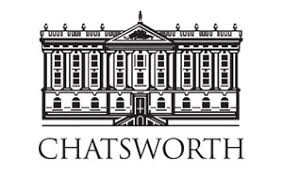



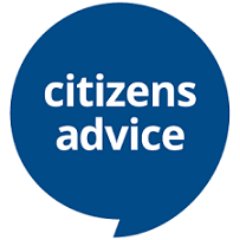
Please contact us to discuss any training requirements you have, we either deliver for you or sell you the course for your trainers to deliver to your team
Thanks for visiting our conflict management in workplace page here's a link to our homepage. If you'd like more information about Conflict Management in Workplace or any of our courses here's a link
|
A short poem about conflict management in workplace: Conflict Management in Workplace verse one The Cruelty of Man He watches the world through tear streaked eyes, At the people just living their lives, There was no one who cared or was even aware, That their society was founded on lies, It was the cruelty of man to man's fellow man, That caused his young heart to break, It filled him with sorrow to learn that tomorrow, There was no difference or change he could make. Conflict Management in Workplace verse two First there's the teen with no hopes or dreams, Who holds the gun to his head, If only we had heard that four letter word, "Help" and he might not be dead, But parents ignore a child's implore, Move along there is nothing to see, Then comes the day when he's taken away, Pushed over the edge by the bully. Conflict Management in Workplace verse three The starving young pup who lies all beaten up, By the teenagers too cool for school, They've come to learn that next it's their turn, Drunk fathers are awfully cruel, Or perhaps the poor homeless just hoping for kindness, And ends up completely ignored, We can grumble and shout from our comfy warm house, That most likely, they're all just big frauds. Conflict Management in Workplace verse four Then there comes war the thing all Governments adore, They can line up their pockets with gold, The war against terror? Or just the oil endeavour? It doesn't matter soldiers do as they're told, "An air strike for peace" is the press release, As civilians are rained on by bombs, Can they really believe that what's been achieved, Is greater than the innocent lives that are gone? Conflict Management in Workplace verse five He watches the world through tear streaked eyes, At the people just living their lives, There was no one who cared or was even aware, |
Conflict management in workplace poem - The Cruelty of man (Author unknown)